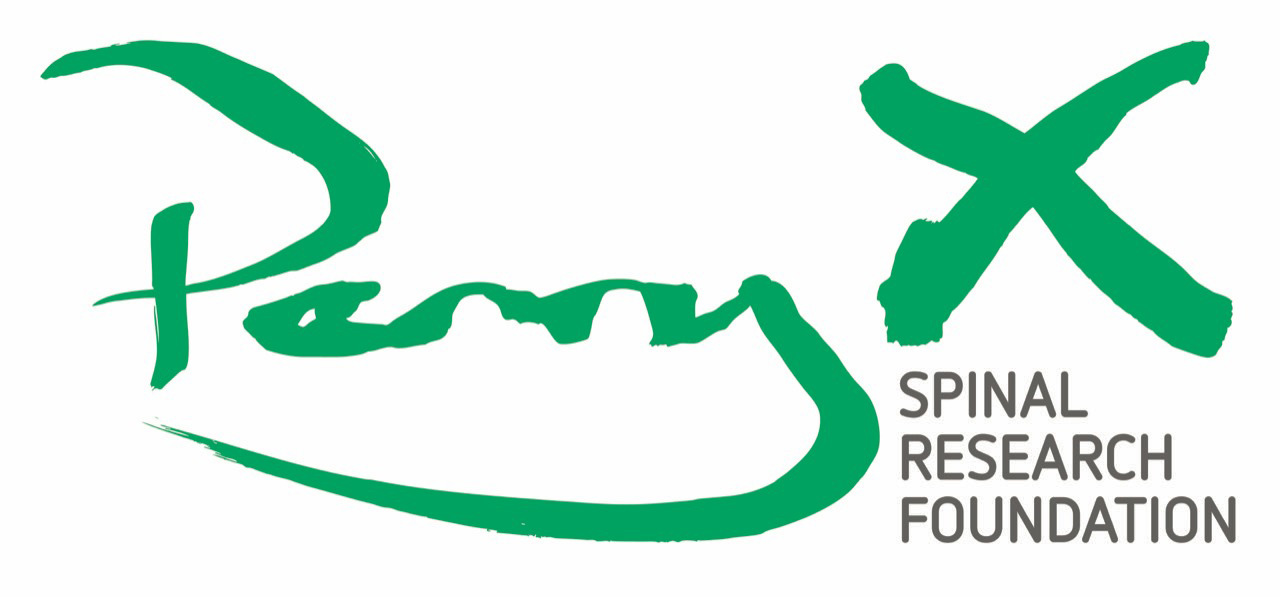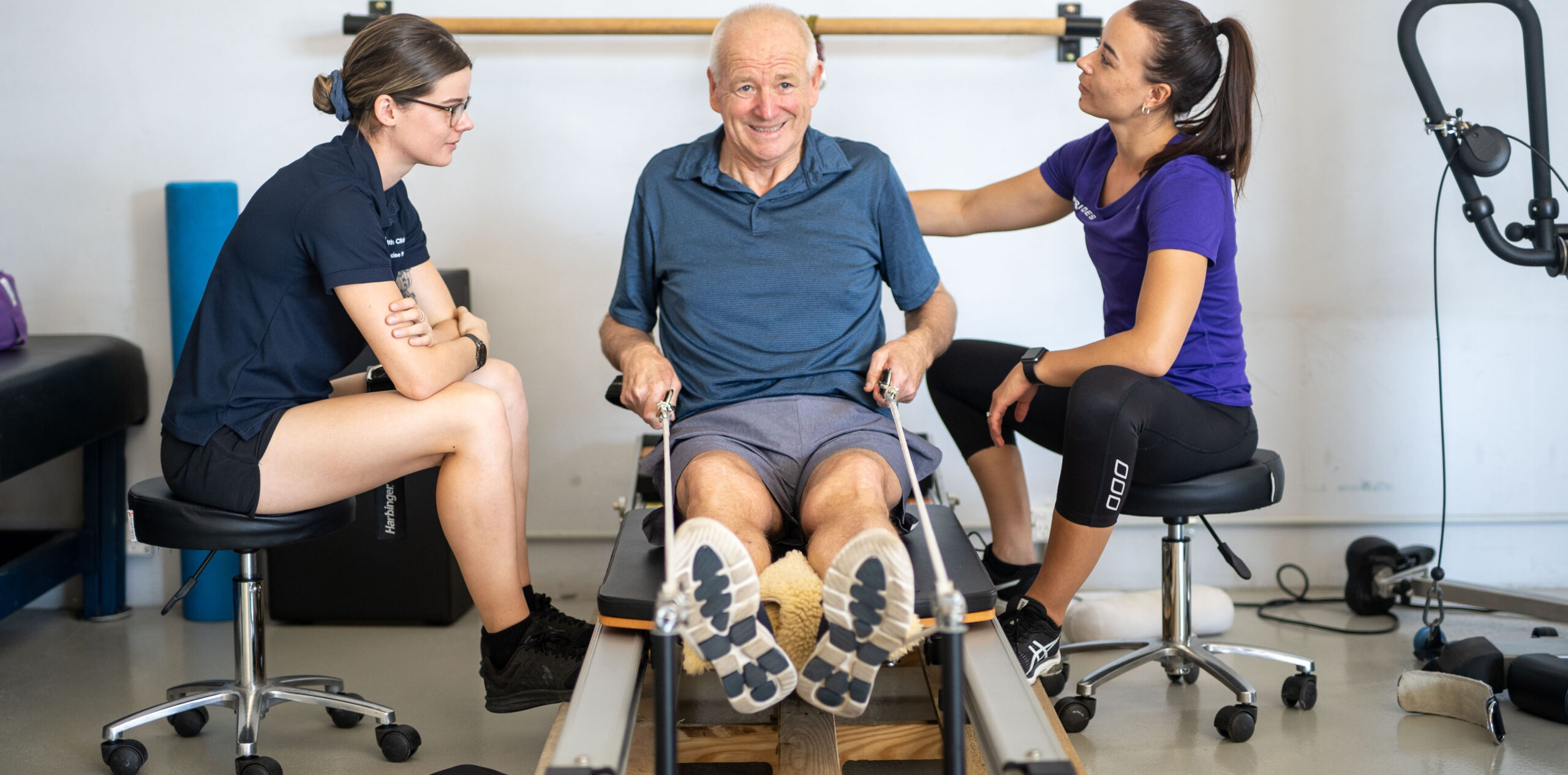An update from the team at Griffith University:
The feasibility clinical trial, GUSIP02 is underway at Making Strides (Burleigh, Gold Coast). While we can’t reveal any results until the study is finished and analysed, 5 participants have been training now since Feb 2023, with a recent couple of days rest during the Easter holiday. One participant had a staggered start, but most have just completed their week 9 assessments.
Overall feedback is positive, and participants are enjoying the exercise and the challenge. Genny from Making Strides feels that the cohort we are testing in GUSIP02 (a less-experienced-at-rehab group) is probably more realistic to the regular spinal cord injury population, in terms of interruptions and medical issues, and daily expectations, compared to the GUSIP01 cohort.
The first focus groups of participants and staff have been conducted at Making Strides by Drs Mike Todorovic and Matthew Barton. These focus groups are being transcribed as we speak in preparation for analysis, and further focus groups will be completed at the end of the intervention. They are to help us understand what works and what doesn’t work in these trials.
GUSIP02 is a little different to the prior GUSIP01 study conducted in 2022 (with data being in the middle of being written up). Like GUSIP01 we are investigating the feasibility of completing an intensive exercise rehabilitation program in preparation for a full prehabilitation-cell therapy-rehabilitation Phase 1 clinical trial. Some differences between the two feasibility trials are that we are investigating participants with little or no prior rehab experience, we are evaluating the “pre-hab” program, we aren’t involving an “at-home” component, we are investigating the feasibility of people travelling from a wider geographical area, and we are filming the participants at different points throughout the study to document the benefits and changes that will hopefully be seen in the study participants.
Our primary objectives are still safety and feasibility. The participants were selected through an independent process, and we (Griffith University) aren’t allowed to know the identity of participants to avoid bias in analysis. This study wouldn’t be possible with funding support from the Perry Cross Spinal Research Foundation and all its supporters.
For more information please contact
By Dr Andrew Rayfield, Research Fellow; Research Manager – a.rayfield@griffith.edu.au
Clem Jones Centre for Neurobiology and Stem Cell Research, Griffith University.
Thank you to our wonderful community for supporting this important part of the preparation for the human clinical trial. This project has been fully funded by the Foundation at a cost of $420,000.




